What Human Foods Can Ferrets Eat?
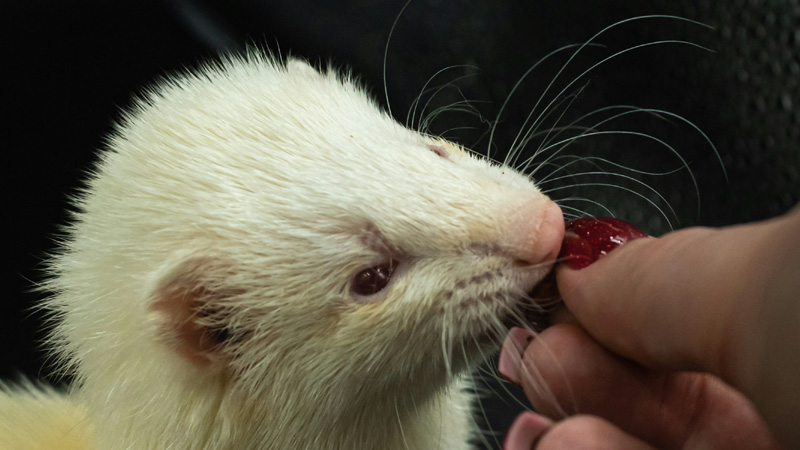
Photo by Nikolett Emmert on Unsplash
Ferrets, with their boundless energy and playful personalities, are cherished companions in many households around the world. As obligate carnivores, ferrets have specific dietary needs that are essential for their health and well-being. While commercial ferret food is formulated to meet these nutritional requirements, many ferret owners may wonder if it's safe to offer their pets human foods as occasional treats or supplements.
In this comprehensive guide, we'll explore human foods that are safe for ferrets to eat, providing insights into their nutritional value and potential benefits.
Here's a condensed list of human foods that are safe for ferrets to eat:
- 1. Cooked eggs
- 2. Cooked meat (chicken, turkey, beef, lamb)
- 3. Cooked fish (salmon, trout, tuna)
- 4. Small amounts of fruits (banana, apple, blueberries, strawberries)
- 5. Small amounts of vegetables (carrots, peas, bell peppers)
- 6. Cooked pasta or rice
- 7. Peanut Butter (in moderation)
1. Cooked Eggs
Cooked eggs are a nutritious and protein-rich option for ferrets and can be offered to them as an occasional treat. Eggs are an excellent source of high-quality protein, vitamins, and minerals, including vitamin A, vitamin D, and iron. Scrambled, boiled, or poached eggs are all suitable options for ferrets, but avoid adding any seasonings, oils, or other ingredients that may be harmful to your pet.
2. Cooked Meat
Cooked meat, such as chicken, turkey, beef, and lamb, can be fed to ferrets as part of a balanced diet. Meat is a natural source of protein and essential nutrients for ferrets and can provide them with the energy they need to thrive. Be sure to offer cooked meat without any bones, as bones can pose a choking hazard or cause digestive issues in ferrets.
3. Cooked Fish
Cooked fish, such as salmon, trout, and tuna, can be included in a ferret's diet as an occasional treat. Fish is rich in omega-3 fatty acids, which are beneficial for heart health and can help support a shiny coat and healthy skin in ferrets. However, avoid feeding ferrets raw fish or fish that has been seasoned or prepared with oils or other ingredients that may be harmful to them.
4. Small Amounts of Fruits and Vegetables
While ferrets are obligate carnivores and primarily require a diet high in animal protein, they can tolerate small amounts of fruits and vegetables as occasional treats. Safe options include small pieces of banana, apple, blueberries, strawberries, carrots, peas, and bell peppers. These foods should be offered in moderation and chopped into small, bite-sized pieces to prevent choking.
5. Cooked Pasta or Rice
Cooked pasta or rice can be offered to ferrets in small amounts as an occasional treat or supplement to their regular diet. These foods are relatively bland and easy to digest, making them suitable options for ferrets with sensitive stomachs. However, keep in mind that pasta and rice should be cooked plain, without any added sauces, seasonings, or ingredients that may be harmful to ferrets.
6. Peanut Butter (in moderation)
Peanut butter can be a tasty and protein-rich treat for ferrets when offered in moderation. However, it's essential to choose peanut butter that is free from xylitol, a sugar substitute that is toxic to ferrets. Additionally, peanut butter should be fed sparingly due to its high fat content, which can contribute to obesity and other health issues in ferrets if consumed in excess.
When feeding human foods to ferrets, it's important to keep the following considerations in mind:
1. Moderation: Human foods should only be offered in moderation and make up a small portion of a ferret's overall diet. The majority of their nutrition should come from high-quality, commercially prepared ferret food that is specifically formulated to meet their nutritional needs.
2. Avoid Harmful Foods: Certain foods should be strictly avoided as they can be harmful or even toxic to ferrets. These include chocolate, onions, garlic, and any food containing artificial sweeteners or caffeine. Additionally, avoid foods high in sugar or fat content, as they can lead to weight gain and other health issues.
3. Introduce New Foods Slowly: When introducing new foods to your ferret's diet, do so gradually. Start with a small amount and monitor for any adverse reactions or digestive issues. If your ferret shows any signs of discomfort or digestive upset, discontinue the new food and consult with a veterinarian.
4. Fresh Water: Fresh water should always be available to ferrets. Regularly change and refill their water bowl to ensure they stay hydrated.
While some human foods can be safely fed to ferrets, it's crucial to prioritize their specific dietary needs as obligate carnivores. A balanced and appropriate diet for ferrets consists primarily of high-quality, commercially-prepared ferret food, supplemented with a variety of animal protein sources, occasional fruits and vegetables, and other safe human foods. It's always advisable to consult with a veterinarian who specializes in exotic animal care to ensure your ferret's dietary needs are being met and to address any specific concerns.
In conclusion, while it's possible to incorporate certain human foods into a ferret's diet, it should only be done in moderation and with careful consideration. High-quality ferret food should always be the primary source of their nutrition, with occasional treats and additions to provide variety. By offering a well-balanced and appropriate diet, you can ensure that your ferret thrives and enjoys optimal health as your cherished companion.
You May Also Like
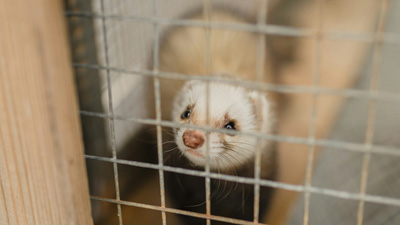 Other PetsWhy Are Ferrets Illegal in the US?
Other PetsWhy Are Ferrets Illegal in the US? Other PetsDo Ferrets Get Along with Cats?
Other PetsDo Ferrets Get Along with Cats?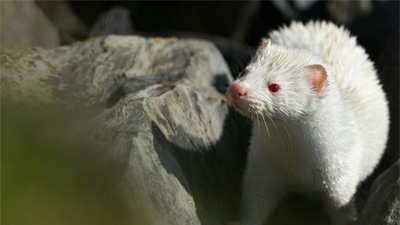 Other Pets5 Fascinating Facts About Ferrets, Did You Know?
Other Pets5 Fascinating Facts About Ferrets, Did You Know?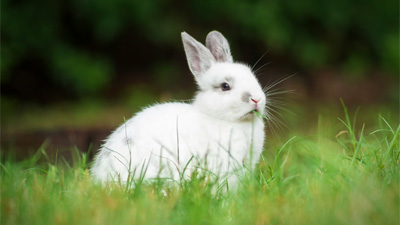 Help & AdviceExploring 6 of The Friendliest Small Pets
Help & AdviceExploring 6 of The Friendliest Small Pets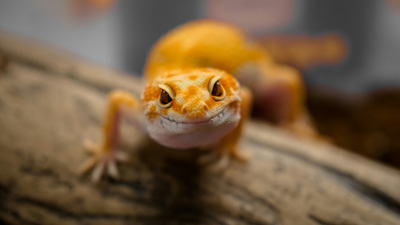 Help & AdviceTop 10 Exotic Pets Perfect for Apartment Living
Help & AdviceTop 10 Exotic Pets Perfect for Apartment Living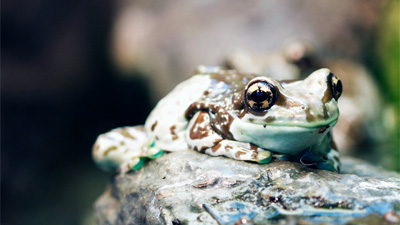 Help & AdviceExploring 10 Easiest Exotic Pets to Take Care Of
Help & AdviceExploring 10 Easiest Exotic Pets to Take Care Of